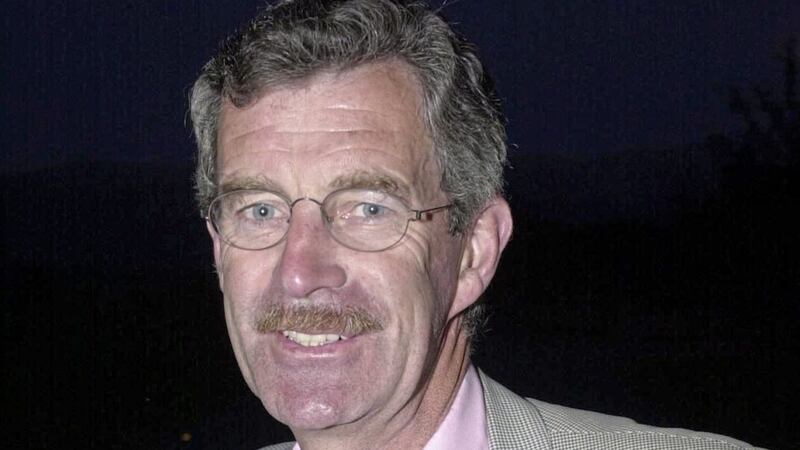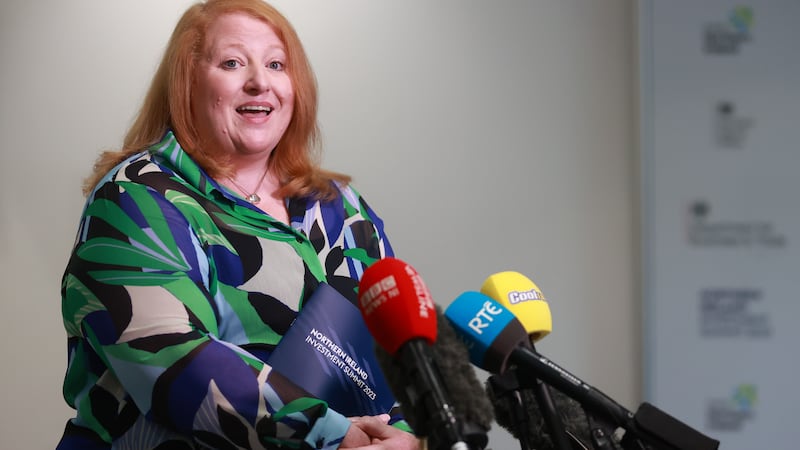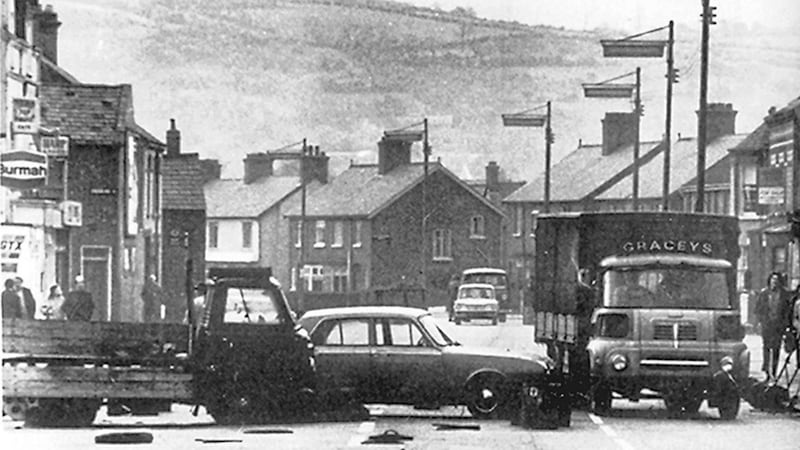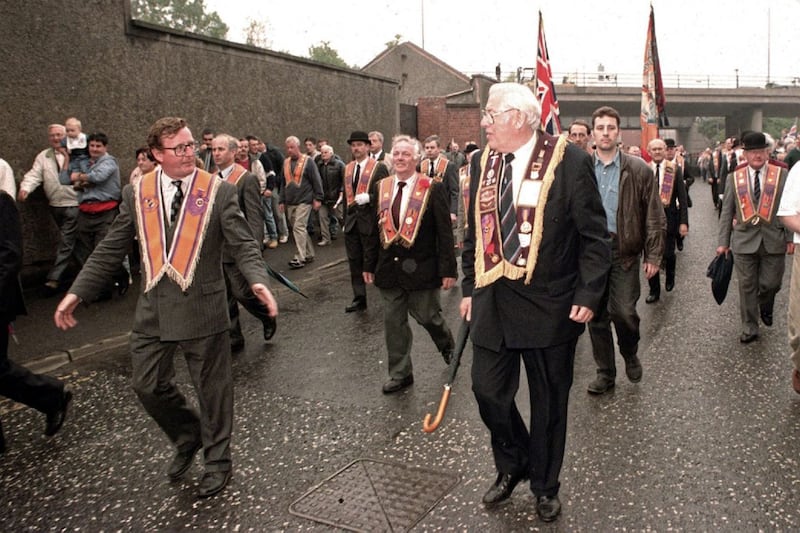MORE than eight months before the August 1994 IRA ceasefire, Tánaiste Dick Spring told US officials he was optimistic the paramilitary group would lay down its arms.
Declassified files on Mr Spring's visit to Washington in November 1993 show he believed the IRA would announce a ceasefire.
According to a note by the British ambassador to Washington, Sir Robin Renwick, Mr Spring told senior US officials that "90 per cent of loyalist violence was reactive and that the key was, therefore, the attitude of the Provisional IRA".
"It was almost certain that the leadership would welcome a ceasefire," the note read, although Mr Spring expressed doubts that the IRA's army council could control lower-ranked members.
Several weeks before the December 1993 Downing Street Declaration, Mr Spring said the two governments were working on a joint statement designed to create a "new atmosphere" of Anglo-Irish co-operation.
He also said "Dublin’s achievement had been to split (SDLP leader John) Hume from (Sinn Féin leader Gerry) Adams, at some political cost".
"Potentially serious problems had then arisen with London but the prime minister’s Guildhall speech on November 15 1993 had got the process back on the rails."
In his speech, John Major had given a commitment that "if the IRA end violence for good then – after a sufficient interval… – Sinn Fein can enter the political arena as a democratic party".







